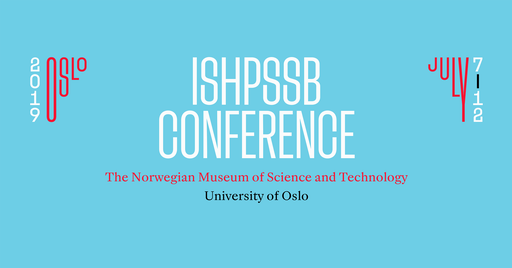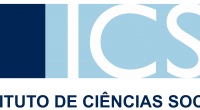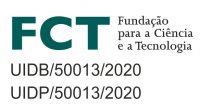Paper by Ricardo Roque in the panel “Rethinking transnationalism in the anthropological and genetic study of human populations: Methods of research, part I”, organized by Iris I. Clever, UCLA, USA, at ISHPSSB Biannual Conference, Oslo, Norway. July 7-12, 2019.
This paper examines transnational practices and imaginaries in the context of a late form of colonial physical anthropology, so-called “anthropobiology”. After World War II and until 1974, the Portuguese colonial empire stubbornly resisted international pressures for decolonization. Portugal’s obstinacy in preserving and legitimating its imperial volition through visions of pluri-continental and “multi-racial” nationhood and a benign spiritual form of colonization was accompanied by an unprecedented investment in scientific research and fieldwork campaigns in anthropology or anthropobiology in the Portuguese colonies in Africa and Asia. Colonial anthropobiology then became dominated by a small but influential group of metropolitan scholars, who received official state support. In the 1950–1970s, however, trapped within the empire’s geopolitical tension between isolationism and internationalism, the Centre of Anthropobiology in Lisbon struggled to keep up with the growingly international field of human biology. This paper explores how, in this historical context, Portuguese anthropobiologists managed transnationalism as an art of engagement with, and avoidance of, the threats and promises of what was foreign (estrangeiro) to the country. Anthropobiologists experienced a tension between remaining nationalistic and colonialist in character, and internationalist in their activities and networks simultaneously. Practicing transnationalism became an ambivalent gesture fed by connections as well as by segregations. Firstly, they struggled to exclude foreign physical anthropologists from direct access to fieldwork in the colonies. This aimed at building up an international authority based on monopolistic control of field data, and an exclusive sovereignty over Portuguese colonial terrains. Yet, secondly, they emulated foreign science, and eagerly sought connections and exchanges with foreign scientists. The latter, however, seemed above all as a way of capitalizing scientific authority within Portugal, less than a form of intervening in a wider international knowledge field. Hence the paper conceptualizes this mode of “transnationalism” as an inward-oriented form of engaging with foreign science as ambivalently powerful and threatening stranger.






